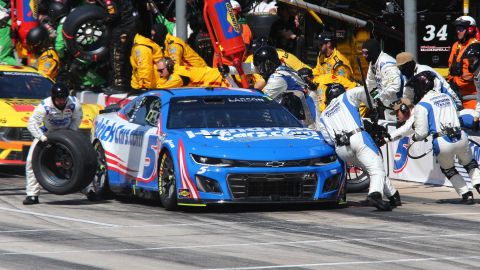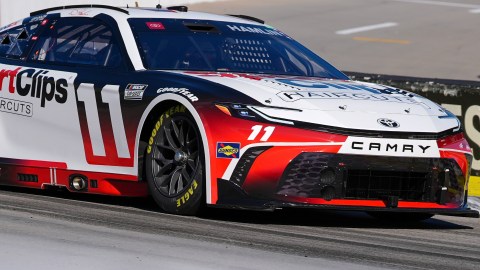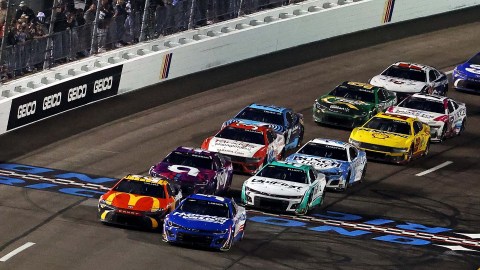Over the past few months, political pundits have been talking about the epidemic of fake news. And now, a similar problem seems to be rearing its head in the automotive industry.
A new form of click bait, dubbed “fake ads,” is popping up on social media. The posts typically promote new vehicles, but use either edited or deceptive photos, Automotive News reports. In most cases, these pictures include concept cars, vehicle renderings or an entirely different car than what’s advertised.
Recent posts from the Facebook page Auto Elite — since renamed Auto Review Hub — reportedly was highlighting “Cadillac Escalade Features,” though the picture showed a mock-up of a wagon-like Escalade. Cadillac wasn’t aware of the ad, and following Automotive New’s request for comment, spokesman Andrew Lipman said it is “working with Facebook to identify these fake ads and have them removed.”
The problem for manufacturers is Facebook only prohibits ads that violate intellectual property rights, not ones that use misleading or edited images. Facebook also requires ads to link to sites with factually accurate information, which many of these posts do.
This trend also could negatively impact dealers. Several fake ads Automotive News clicked on, for example, reportedly took users to a page with sponsored ads for Ken Garff Automotive Group of Salt Lake City. The dealer group wasn’t aware its ads were being shown there and notified Google AdSense it no longer wanted to be associated with the site.
“We absolutely do not condone anything like this,” Jeremy Nef, digital marketing director for Ken Garff, told Automotive News. “Deceptive advertising is not something we believe in. It’s absolutely contrary to our values.”
The majority of the ads Automotive News reported on were posted by sites or social media pages run by Little Rock, Ark., advertising company Inuvo.
“We don’t do any doctoring,” Trey Barrett, Inuvo’s chief operating officer, said in an email to Automotive News. “Certainly, our intent would not be to bait or mislead anyone, so we would not be supportive of that activity.”
One of the Inuvo-owned sites reportedly featured information from Edmunds.com, prompting Edmunds to terminate its relationship with the company, which was one of its affiliate partners.
Thumbnail photo via Volkswagen



